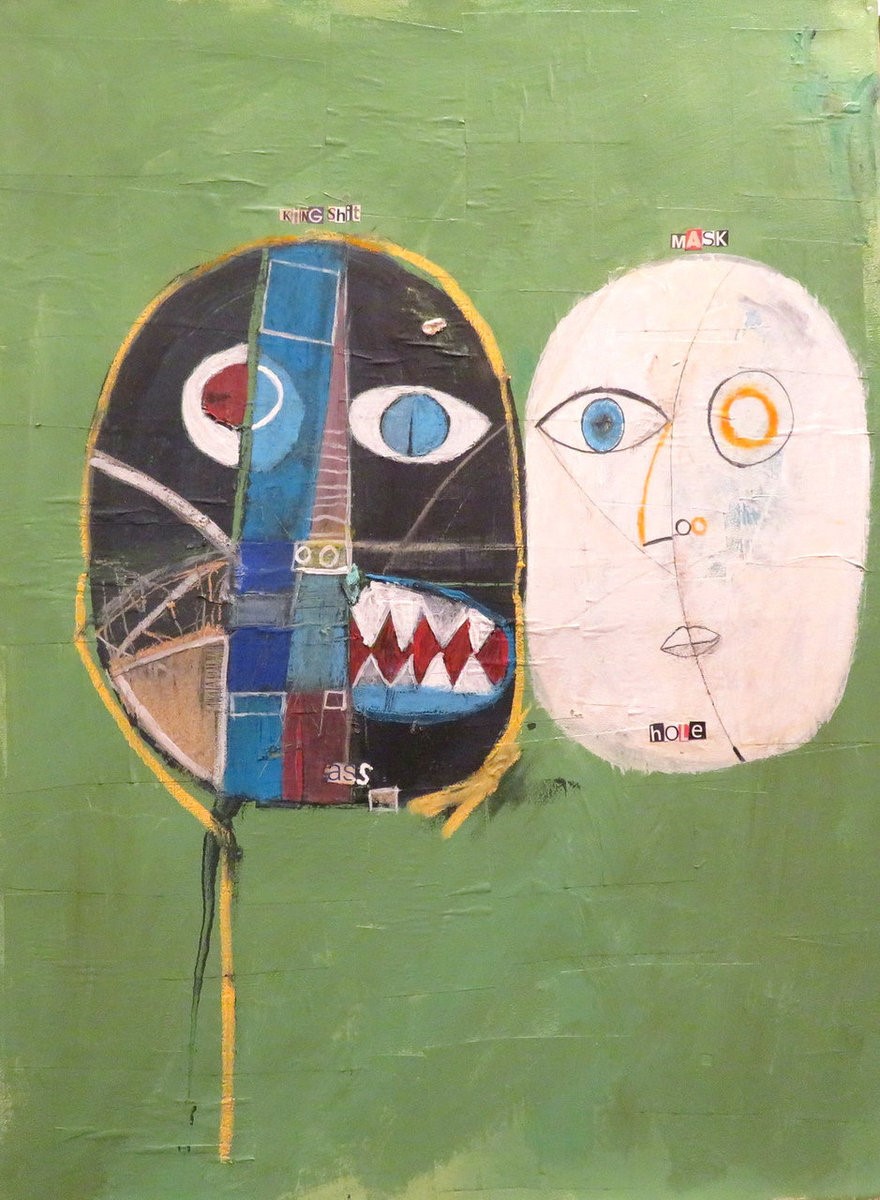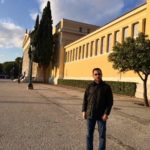Thank you, Olivia Rose Brown, for such a pressing question!
Fake news is not just fake; it is also a product of fabrication, circulated by agents or groups in order to deceive and manipulate for financial or political gain. And fake news is itself a contestable concept. For example, there is the question of whether it is ever partially true. I take it as an assumption that fake news is false news and that we need to show it to be so. To falsify the claims made by a piece of news, we need to scrutinize it and show that the beliefs involved aren’t justified. The obvious candidate for determining truth is the presence of evidence or reasons. Nowadays, ‘evidence’ is used interchangeably with what we call ‘facts’, that is, whatever is the case. So, if facts determine the truth of a statement, fact-checking would be a good strategy to solve the problem of fake news. It is platitudinous to say, however, that the cognitive landscape is not perfect. There are all sorts of different characters, from foolish people to cognitive saints.
To further the train of thought, it is useful to appeal to the tragicomic example of Pizzagate, a conspiracy theory about liberal politicians including Hilary Clinton and Barack Obama being involved in a child sex trafficking ring at a pizza restaurant. The story goes: Edgar Welch, a member of the 4chan right-wing group spreading the conspiracy, invaded the restaurant with a rifle to, guess what, check whatever is the case, that is, to discover the facts. Absent in-situ evidence, he turned himself in. However, members of a similar chat group claimed that he was a paid actor and the incident was staged. The evidence they appealed to was that a traffic camera near the pizza restaurant moved a day before the incident. So what happened was that they simply reinforced their own beliefs by attaching significance to an otherwise irrelevant event. Apparently, if we follow Kellyanne Conway’s* idea of ‘additional facts’ or ‘alternative information’, the traffic camera incident is just an additional fact. However, to selectively under-weigh or over-weigh evidence is bad epistemic behaviour. So it seems that subjective contribution to fact-checking plays a role in the performance itself; that is to say, intellectual vices will obstruct knowledge, while intellectual virtues, like open-mindedness and curiosity and other reliable cognitive abilities, will help the agent get things right.
One may claim, however, that the subjective approach overlooks an important characteristic of facts, that is, their objectivity. We would therefore need another ground for determining truth; it could perhaps be intersubjective agreement. On this view, agents can be virtuous and facts are neutral and public.
These are just some of the things we have to think about when it comes to the problem of fake news. In the end, we may even have to stop using the term ‘fake news’. Why? Well, because it is often used by regimes to reinforce their authority.
* Kellyanne Conway serves as counsellor in the administration of U.S. president Donald Trump. She came up with the phrase alternative facts.
What do you think? Can fact-checking help resolve the issue of fake news? Let us know in the comments.
And, as always, if you have a question for the Armchair Philosophers, don’t hesitate to get in touch. You could send us a message or fill in this form.
Image: I AM Deception (credit)
I did an MEng in Civil Engineering at Cardiff University and an MA in Philosophy at the University of Warwick. I spent some time studying Nietzsche and the history of philosophy, but since then I have focused mostly on the philosophy of mind and philosophy of emotions. One of the most recent ideas I have found interesting (and crazy for our standards) is the revision of panpsychism (coming in varieties like protopanpsychism). This is the view that mental properties may ultimately be fundamental like physical properties. If this is right, then it may be that in the future, psychophysical laws are going to explain the conscious experiences associated with the physical processes explained by physical laws.

